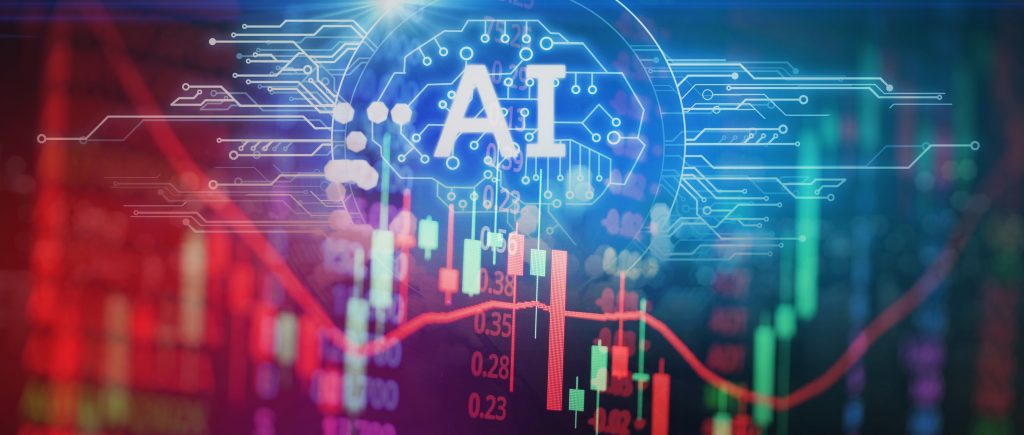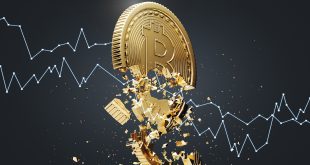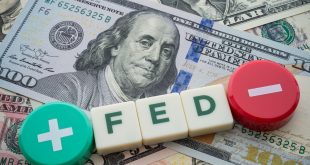AI enthusiasm will propel the S&P 500 to 7,000 by next year, although AI itself is largely seen as a market bubble that will bubble until 2025. Investors are overestimating the technology’s macroeconomic benefits.
The S&P 500 has already broken more than thirty new highs this year, and the rush for artificial intelligence will keep equities rising until 2025. Analysts expect the benchmark index to top at 7,000 next year. If the benchmark index reaches that level, it will have increased by 27%.
While early predictions on AI projected that the bull run would persist for years, other analysts think that it is a bubble that will burst — but it will continue to inflate until then.
If this judgement is correct and an asset price bubble is developing around AI, as it has around earlier breakthrough technologies, it is likely to expand further before bursting. And it will burst. Bubbles come and go in markets; it’s an unavoidable fact.
While the AI market fever has been compared to the 2000s dot-com bubble, some have denied the comparison, pointing out that today’s AI beneficiaries are nowhere near as expensive as their early internet equivalents.
I believe we will continue to see excellent earnings growth; nevertheless, market euphoria may outrun earnings growth. In other words, the market is overly optimistic about AI at this point.
While investors have poured money into the technology with the expectation that it will lead to a significant increase in productivity in the coming years, the firm’s report predicts that those benefits will not be realised until the end of the decade.
What appears to be happening is that AI is following the Gartner Hype Cycle, which shows how perceptions of the impact of new technology change over time. Investors must be nearing the peak of their exaggerated expectations, at least in terms of AI’s macroeconomic influence.
In recent months, there have been new questions raised concerning the influence of AI. According to MIT’s Daron Acemoglu, the productivity rise is significantly exaggerated, with AI contributing only 1% to GDP growth over the next ten years.
Goldman Sachs warned last month that the return on investment in AI could be disappointing for businesses: while large corporations are expected to spend $1 trillion on the technology in the coming years, AI’s performance may not justify the expenditures.

 Noor Trends News, Technical Analysis, Educational Tools and Recommendations
Noor Trends News, Technical Analysis, Educational Tools and Recommendations




